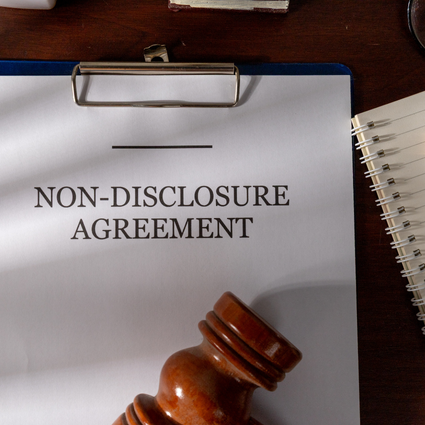Table of contents
Part 3 of the Startup Playbook Series
In part 3.1 of the Startup Playbook Series, we look at Shareholders Agreements and why they’re a part of the venture capital conversation.
Shareholders Agreements
Once you have your startup up and running – you have registered your company and have plans to scale – it might be time to look for early-stage investment.
One of the most common ways to source early-stage investment is through ‘equity fundraising’ – which is selling shares in your company.
When investors are coming on board as shareholders in your company, it is important for everyone to understand what you are promising each other and how the company will be governed. Amongst other things, investors will want to know what they have a say on, and how their shareholding percentage will be protected.
These promises and obligations are set out in a document call a Shareholders Agreement, which is signed by the directors on behalf of the company, and each shareholder. It becomes the rule book of the Company. If you entered into a Founders Agreement beforehand with your co-founders, the Shareholders Agreement would replace that agreement.
Things to consider for your Shareholders Agreement
- Who are the co-founders?
- Who are the directors?
- Who is the company secretary?
- Who are the shareholders and how many shares do they hold?
- What is the purpose or business of the company?
- What decisions are to be voted on by directors?
- What decisions are to be voted on by shareholders?
- What percentage is required to approve a decision (e.g., 50%, 67%, 75%, or 100%)?
- Do the co-founders have any extra levels of approval or protection?
- What are the promises the directors and shareholders making to each other in respect of conduct?
- What happens if someone needs to leave the company (including a broad range of factors like the need to move overseas, care for sick family members or other opportunities or other more serious scenarios like criminal conviction or death)?
Also consider: what do you need to have certain key decisions approved?
- How are directors appointed, removed, and paid?
- How is the company secretary appointed, removed, and paid?
- Who is allowed to buy shares in the company, and what is the process for offering shares to new investors?
- Can directors issue new shares for ‘sweat equity’, if so, what is the process for doing so?
- How are shares sold?
- How much money has each founder contributed to the company (this could also consider real or intellectual property)?
- What happens when a shareholder ‘defaults’ in respect of a promise made to the company and the shareholders – can they be removed as a director/have their shares acquired – if so, what is the process for doing so?
That’s a lot of considerations!
There’s a lot to think through, we know. And it may seem overwhelming at first, but having these chats now will make your life 1000% easier later.
You will need to carefully think through hypothetical situations that arise in the future, and ensure that your Shareholders Agreement has a balanced approach between protecting investor rights and protecting your rights as a founder, no matter what happens. This is often a key part of negotiations in equity fundraising rounds, and investors will specify broad terms they want included in your Shareholders Agreement.
Read on to Part 3.2 Capital Raising.
We have been involved in a number of shareholders agreements negotiations, both at the start of your journey and mid-round through a capital raise. Get in touch with the Burch&Co Startup & Capital team to talk through your options, and go into fundraising rounds with strong preparation and confidence in hand.








